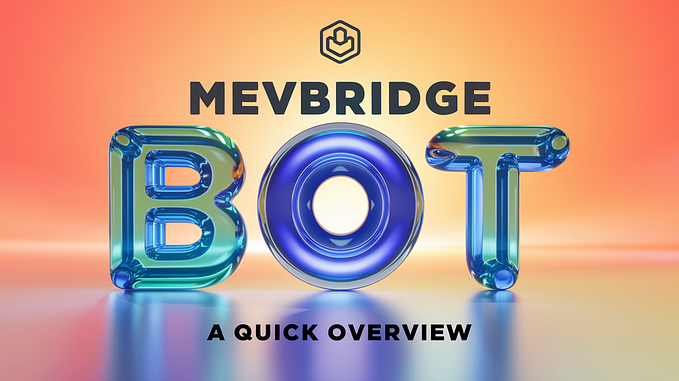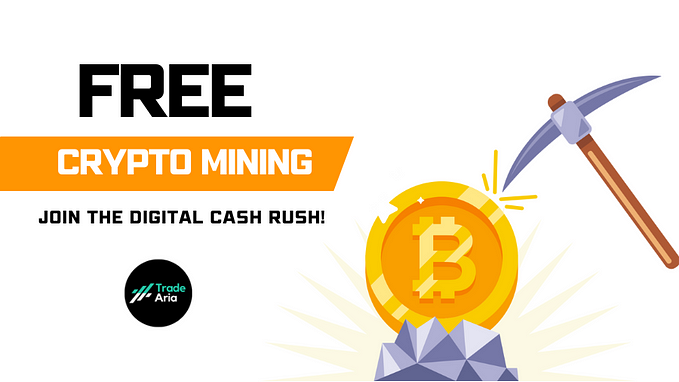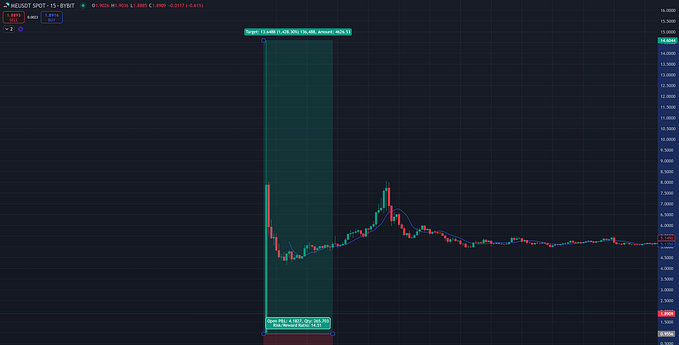Cloud Mining Vs Mining Pool

Differences Between Cloud Mining and Mining Pool
Cloud Mining
Cloud computing brought a major change to the issue of major software companies having to devote basements and rooms to servers. Now instead of butchering their real estate, they rent computing power from software companies with warehouses full of powerful and efficient machines.
Cloud mining follows a similar principle. Such that you can outsource computing power to mine cryptocurrency. Instead of buying high-cost computers, you can easily rent the computing power of a miner from a peculiar cloud mining company situated anywhere in the world. Notably, cloud mining only applies to proof-of-work systems such as Bitcoin and the original Ethereum blockchain that are heavily dependent on computational brute force.
Moreover, cloud mining does not apply to proof-of-stake systems, and therefore validating new blocks isn’t dependent on sheer computing force but on the number of coins locked up inside the network.
Is Cloud Mining Profitable?
Cloud mining can be profitable, even though you have to pay upfront to rest these miners, and mining pools inherit a sizable part of your profit. However, your profit will depend on the computing power of the miners used by the pools and the state of the market. Risks affect different coins because their market price can fluctuate.
Since you are relying on a third party to mine cryptocurrency, sometimes without verifying whether they own the computing power necessary to engage in mining, cloud mining is risky. There are a couple of fraudulent cloud mining services that claim to mine coins on your behalf only to take advantage of your money.
Also, you are reliable for the health of the market. Cryptocurrencies are highly volatile, meaning that their prices change dramatically over a short period. This poses a risk of losing your invested capital since the valuation of coins you earn from mining might face a price drop.
Matter-of-factly, these risks are insignificant when compared to buying the mining machines yourself. Mining requires a specialized kind of hardware which is prohibitively expensive, not to speak of the high cost of maintenance and running the job.
Mining Pool
Whereas cloud mining involves renting computing power from a major software company, a mining pool on the other hand refers to a joint group of cryptocurrency miners who combine their computational resources over a distributed network to increase their chance of finding a block. If the mining pool is successful and earns a reward, typically in the form of associated cryptocurrency, that reward is shared among participants in the pool according to the proportion of processing power or work done by each individual. Individual miners may have to show proof of work to be able to receive their rewards.
Rewards are shared among the miners based on the pre-established terms and their contributions to the mining activity. If you want to make profits through cryptocurrency mining, you can either choose to mine singly with your device or join a mining pool where multiple miners and their devices combine to enhance their hashing output.
Mining Pool Methods
Mining pools function in different ways, however, they are common methods that govern most protocols that allow mining pools.
Proportional mining pools: they are inarguably among the most common methods of a mining pool. This type of pool allows miners to contribute to the pool’s processing power and receive shares till the pool is successful in finding a block. In this case, miners receive rewards that are proportional to the number of locked-up shares.
Pay-per-share mining pools: They operate in the same model as proportional mining pools, such that each miner receives instant shares for their contribution regardless of when the block is found. In this type of pool, a miner can exchange shares for an instantaneous payout.
Peer-to-peer mining pools: this method of mining pool aims to prevent centralization of the pool structure. Hence, they reduce the risk of a single central failure of the mining pool.
Advantages and Disadvantages of Mining Pools
Advantages
Although mining is a profitable venture for businesses and individuals, it hasn’t been so for some. Due to high power and cost-effective resources, the odds of achieving success are low. Beyond that, the mining difficulty of many cryptocurrencies has increased over the years due to the growing popularity of digital currencies and the high costs of mining hardware which oftentimes outweigh the expected returns.
However, mining pools give each miner a greater chance of successfully finding the block and receiving a mining reward by teaming up with others, which reduces electricity costs and increases profitability rate.
Disadvantages
Individuals give up custodial power in the mining pool by taking part in a mining pool. Not only are the miners typically bound by regulatory procedures set by the pool itself, but they are also required to share potential rewards. According to blockchain.com, mining pools like AntPool and F2Pool dominate the bitcoin mining process. These groups often implement certain rules and regulations to govern the bitcoin protocol, hence casting a dark light on the idea of decentralization.
CrossFi is a cross-chain protocol that provides liquidity for Filecoin staking and rewards.
CrossFi Official Website: https://crossfimain.com
CrossFi DApp Address: dapp.crossfimain.com
CrossFi Official Twitter Account: https://twitter.com/globalcrossfi
CrossFi Official Discord Group: https://discord.gg/UKGSX3VBY3
CrossFi Official Global Telegram Group: https://t.me/crossfimain_en








